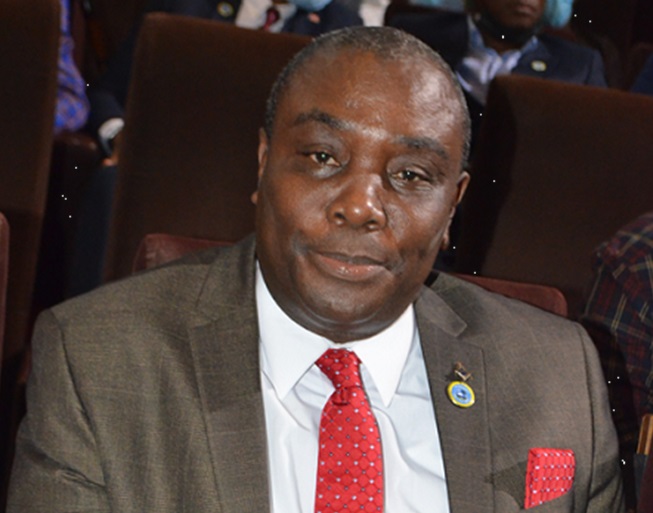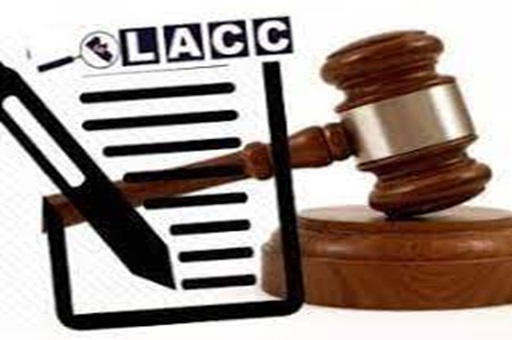MONROVIA, LIBERIA – A controversial bill seeking to overhaul Liberia’s port management system has come under sharp criticism, with policy analyst Ambulah Mamey warning that its passage could spell disaster for the country’s economic stability and governance framework. The Liberia Sea and Land Port Regulatory Act, now before the House of Representatives, has ignited a fierce debate over its potential to create confusion, duplicate existing functions, and impose financial hardships on businesses and consumers.
Mamey, widely known for his critical assessments of public policies, has taken a firm stance against the bill, arguing that it would dismantle the long-standing governance model that separates regulatory oversight from commercial operations. He highlights a key provision that grants the proposed regulatory body sweeping powers to acquire, develop, and operate port facilities—effectively merging functions that are traditionally kept separate to prevent conflicts of interest. He warns that such an approach not only contradicts global best practices but also risks undermining Liberia’s credibility in the international maritime sector.
Drawing comparisons to recent legislative debates, Mamey recalls the ongoing effort to prevent the Liberia Petroleum Refinery Company (LPRC) from assuming both regulatory and operational roles in the petroleum industry. He questions why lawmakers would consider consolidating these functions within the port sector when similar moves have been deemed problematic elsewhere. He insists that Liberia’s regulatory landscape should remain structured to ensure transparency and prevent government agencies from wielding unchecked power over commercial enterprises.
Mamey further argues that the proposed agency would encroach on the authority of the Liberia Maritime Authority (LiMA), which already regulates key aspects of the country’s maritime industry. According to him, the bill’s provisions create a scenario where two government entities could claim jurisdiction over port operations, potentially leading to bureaucratic paralysis and legal conflicts. He cautions that such uncertainty could harm Liberia’s ability to attract foreign investment and maintain compliance with international maritime conventions.
Beyond governance concerns, Mamey raises alarms about the financial burden the new agency would impose. The bill proposes multiple funding mechanisms, including budgetary allocations, increased port fees, and a 10% levy on port revenues—measures he warns will ultimately raise the cost of imported goods for ordinary Liberians. With the country’s economy already facing significant challenges, he argues that adding unnecessary financial pressure on businesses and consumers would only worsen the situation. He urges lawmakers to strengthen existing institutions rather than introduce another bureaucratic layer that could further complicate port operations.
In his memo to the House, Mamey points to international precedents that reinforce his position. He cites examples from Nigeria, Ghana, and Senegal, where regulatory functions remain within maritime authorities while separate entities manage port operations. Even in South Africa, where an independent port regulatory agency exists, commercial management remains under Transnet National Port Authority to avoid inefficiencies. He calls on Liberian lawmakers to align the country’s policies with these successful models rather than creating an agency that could disrupt an already fragile system.
His argument is further supported by global economic recommendations. The World Bank’s Port Reform Toolkit warns against excessive government intervention in port operations, emphasizing the need for independent oversight that fosters competition and innovation. Mamey insists that rather than pursuing a flawed restructuring, Liberia should focus on modernizing the National Port Authority (NPA), ensuring it adheres to international standards and improves operational efficiency.
As an alternative to the proposed agency, he advocates for the implementation of long-delayed port reforms, including the Single Window Initiative, a system designed to streamline transactions and reduce costs. According to him, prioritizing such measures would bring meaningful improvements without introducing an unnecessary bureaucratic entity that could complicate governance and increase costs.







